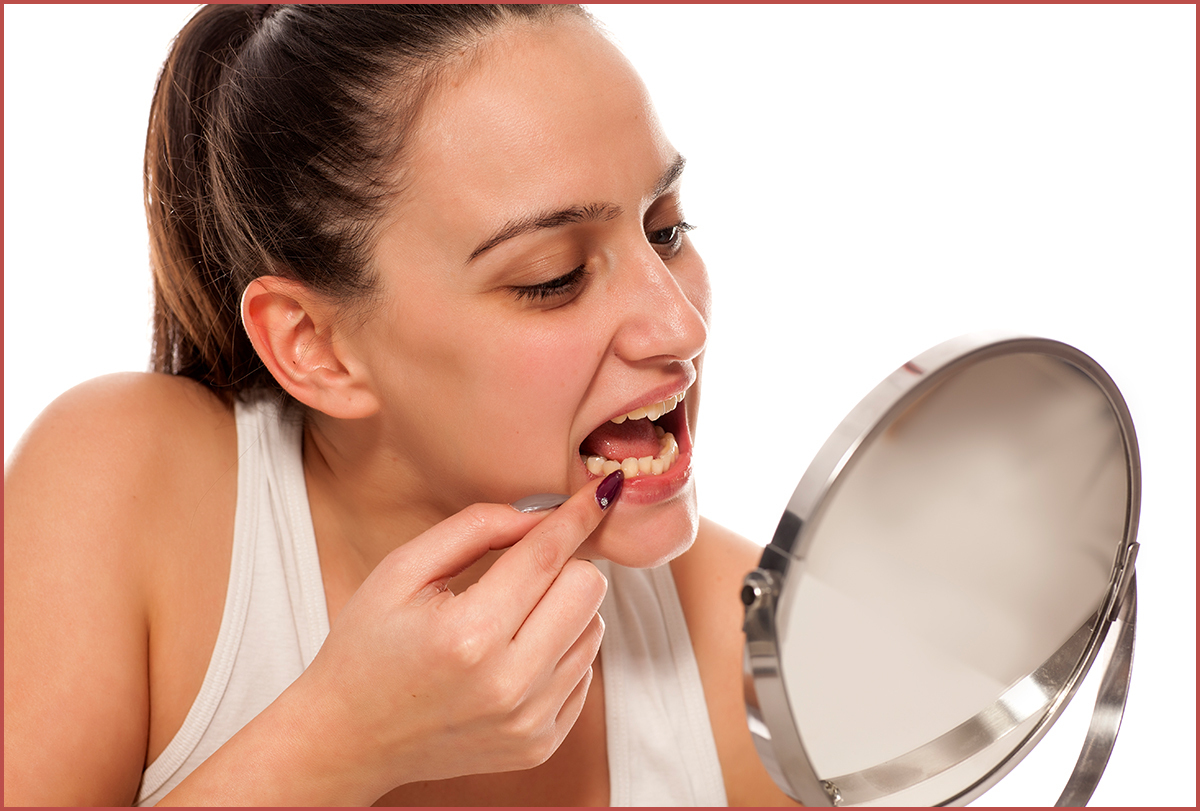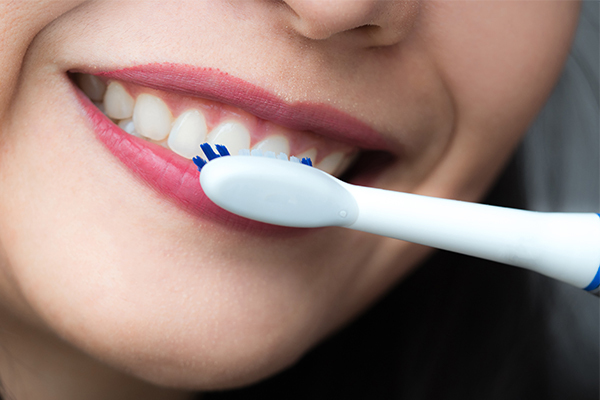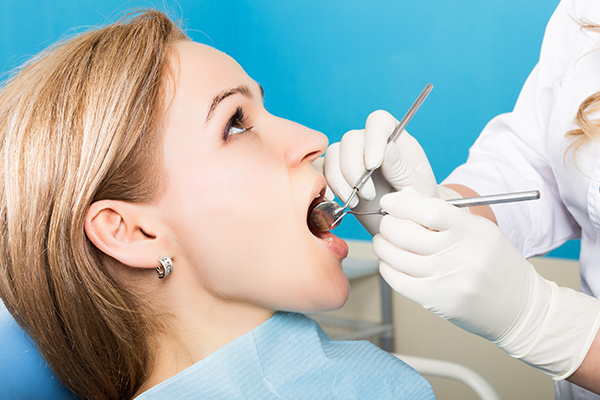In this article:
A chipped tooth is a result of a break in the enamel, the hard outer shell that protects your teeth. It is often caused by biting into or brushing against something too hard for your teeth to handle.

A chipped tooth may be barely noticeable, but you should make an appointment to see your dentist as soon as possible because it can cause serious problems if you ignore it.
In this article, you will discover the reasons why you shouldn’t ignore a chipped tooth, how to prevent it, the treatments, and also what to do in case of a chipped tooth.
Why You Shouldn’t Ignore a Chipped Tooth?
The main problem involves bacteria getting under the gum line and causing an infection. This can lead to swelling, discomfort, tenderness and bad breath. Left untreated, an infected tooth could become abscessed leading to damage to other teeth, permanent injury to gums and other soft tissues of the mouth or even endocarditis which affects inner layers of the heart.
It can also lead to further injury and more problems. For example, it could potentially cut your tongue or cheek and cause a bad cut or scar on your face, as well as an unnecessary pain within your mouth.
If you ignore a chipped tooth, the bacteria still trapped in the grooves of the chipped tooth can cause an infection that may spread to other teeth and gums through the bloodstream.
A chipped tooth also leaves the exposed dentine underneath vulnerable to cavities and makes it more difficult for dental professionals to clean effectively in between your teeth during routine cleanings.
How Can I Prevent My Teeth From Chipping?

Prevention is always better than cure. To avoid teeth from being chipped in the first place it’s best to avoid eating hard foods such as ice or hard candy that may break one of your teeth. Also, avoid biting down on metal objects such as pens and pencils unless they are cut off with scissors first; this may cause permanent damage to your teeth and gums.
It is also important to be careful with brushing your teeth; if you find that one of your teeth is sensitive when you brush you should change the way you are doing it and try different brushing techniques such as using a soft toothbrush and using a circular motion instead of an up and down motion. You can also use mouthwash to help strengthen your enamel.
What to Do if I Chip My Tooth?
If you chip your tooth use a cold compress or ice to help with any pain, swelling or bleeding. If the tooth is very tender it’s best not to chew on that side until the problem has been taken care of as this may make it worse.
After initial treatment from your dentist, you should continue good oral hygiene practices at home such as brushing twice a day and using mouthwash. You should also avoid sticky foods and drinks which can stick to broken teeth and cause further damage. It’s also a good idea to change the way you eat food if possible so that you don’t put pressure on damaged teeth.
If I Have a Chipped Tooth, What Dental Treatments Will My Dentist Recommend?

Depending on how bad the break is your dentist may recommend a filling, crown or complete replacement. If you have a very small chip your dentist will fill the tooth with composite resin to seal it and protect it from bacteria that could cause an infection. In more severe cases where there is a larger piece missing our dentist may recommend placing a crown over the tooth to restore its shape and provide protection from further damage.
In some cases, if your chipped tooth has been badly damaged by decay or fracture your dentist may recommend replacing the entire tooth with either a dental implant or bridge. A dental implant is made of titanium, which is compatible with your body, and screws into the bone in place of a natural root before being topped off with a crown similar to teeth. While bridges are attached in place of teeth using crowns to replace the missing pieces.
A chipped tooth may be the result of an accident, but you should keep in mind that it can be extremely dangerous if it isn’t treated. So if you chip a tooth, go to the dentist immediately for treatment or prevention.
- Was this article helpful?
- YES, THANKS!NOT REALLY


